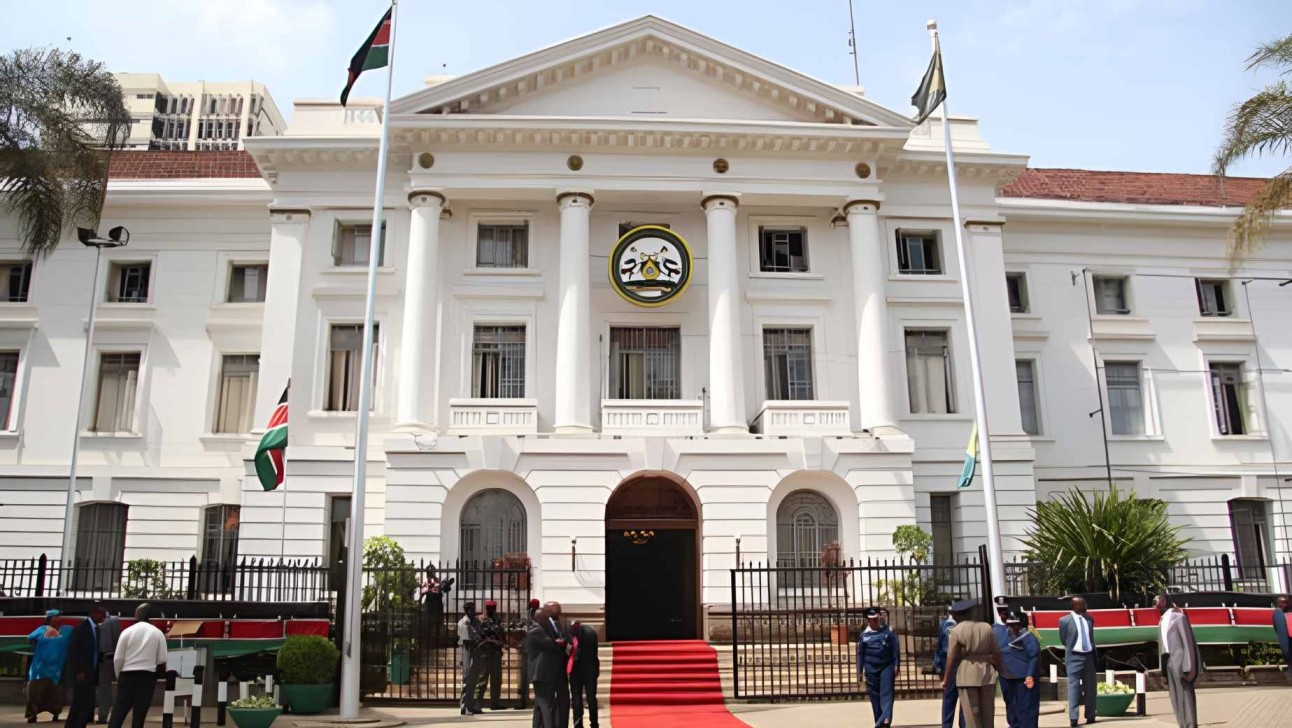The Nairobi County wage bill has ballooned to Sh17.3 billion after a massive staff recruitment drive since governor Johnson Sakaja assumed office three years ago, raising concerns about the county’s ability to fund development projects.
A special audit by Auditor-General Nancy Gathungu shows the number of county employees reached 16,321 by June 2024, compared to 5,777 in June 2022.
During the same period, annual spending on salaries and allowances shot up by 188.6 percent, climbing from Sh6 billion in 2022 to Sh17.3 billion last year.
“Over the three-year period under review, there was a drastic increase in the number of employees and payroll costs,” Gathungu said in the report on Nairobi’s payroll management.
The jump was most evident in the financial year ending June 2023, the first full year of Sakaja’s tenure, when staff numbers doubled to 13,355 and employee costs climbed by 86.4 percent to Sh11.18 billion.
The report was based on reviews of both manual payroll records and the Integrated Payroll and Personnel Database (IPPD), which tracks salaries and human resource data in the public sector.
Sakaja, who took over in September 2022, made the conversion of casual workers to permanent and pensionable terms and the hiring of additional staff central to his administration’s plans.
But the increased wage bill has strained City Hall’s finances, with Nairobi frequently struggling to pay salaries on time due to delays in Treasury disbursements.
“This is to notify all staff that the payment of August 2025 salaries will be delayed due to the late release of the equitable share disbursement from the National Treasury,” Nairobi County Head of Public Service Godfrey Akumali said in a circular last week.
All 47 devolved units depend heavily on the equitable share from the Treasury, but Nairobi’s reliance has grown worse as its collections of own-source revenue remain sluggish. The county has averaged Sh10.8 billion in revenue annually in the last two financial years, falling short of its wage bill.
By June 2024, Nairobi’s staff costs consumed 55.9 percent of total revenue, up from 36.7 percent a year earlier.
This breached the Public Finance Management (County Governments) Regulations, 2015, which cap employee compensation at 35 percent of total revenues to safeguard funds for development.
The audit further flagged concerns over possible ghost workers. It revealed that 27 individuals who were paid Sh47.552 million between June 2022 and June 2023 were summoned for a physical verification exercise in December 2024 but questions remain on their employment status.
The situation has sparked fears that bloated payroll costs could continue draining scarce county resources, undermining delivery of essential services such as health, water, and roads.

